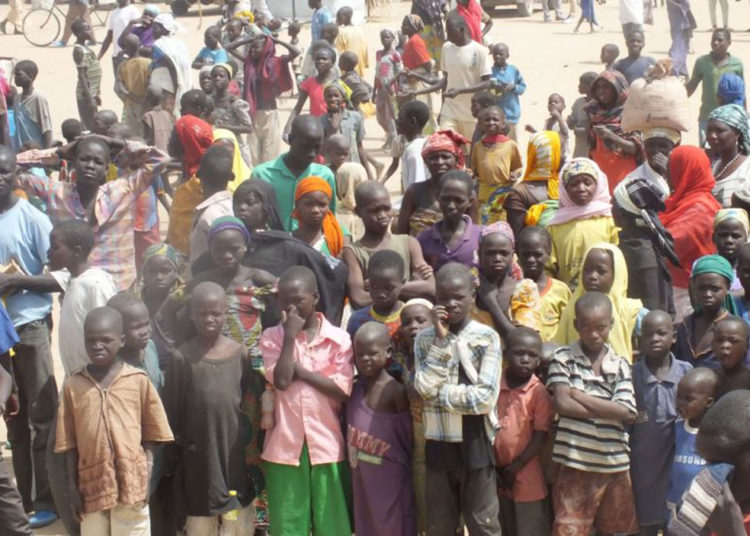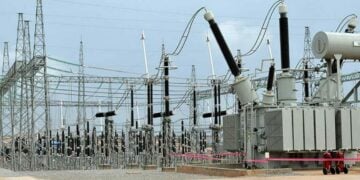The Food and Agriculture Organization of the United Nations (FAO) with funding from the government of Japan has expanded its response to revitalise the worsening food insecurity and malnutrition situation of vulnerable population in Borno, Adamawa and Yobe states.
49, 000 vulnerable persons are to be reached by the project.
The initiative is part of moves to strengthen the sustainable development goals on food security and nutrition which is also in line with the second pillar of the Yokohoma Declaration of 2019 to deepening sustainable and resilient society.
A statement by the FAO office, Nigeria disclosed that priority will therefore be placed in boosting local production of nutritious food among IDPs, host communities and returnees.
The initiative will also support the production and distribution of energy saving stoves to reduce frequency of fetching firewood in bushes and associated risks to women and to the environment in general.
According to the FAO representative in Nigeria and to the Economic Community of West African States (ECOWAS), Fred Kafeero, the result of the latest Cadre Harmonise analysis led by the government of Nigeria indicates worrisome food consumption deficiencies and malnutrition levels risking severe food and nutrition insecurity, if immediate actions are not taken.
The intervention therefore targets enhanced availability and access to fresh and nutritious foods, and energy for cooking to improve the food security and nutrition situation and protection of target vulnerable households.
The head of FAO sub office for the Northeast, Al Hassan Cisse, said 49 000 people, are to be reached by the project.
The funds from Japan will contribute to FAO’s overall plan and funding requirements as contained in the 2022 Humanitarian Response Plan (HRP), which cuts across Borno, Adamawa and Yobe.
States with a combination of interventions to meet the immediate food and nutritional needs of the most vulnerable beneficiaries as well as support building of resilient livelihoods.
Accordingly, the initiative targets to support the anticipated beneficiaries at the peak of the lean seasons to enable them to engage in their farm activities without disruptions that come with the search for food and, fuel and energy for food preparation.





